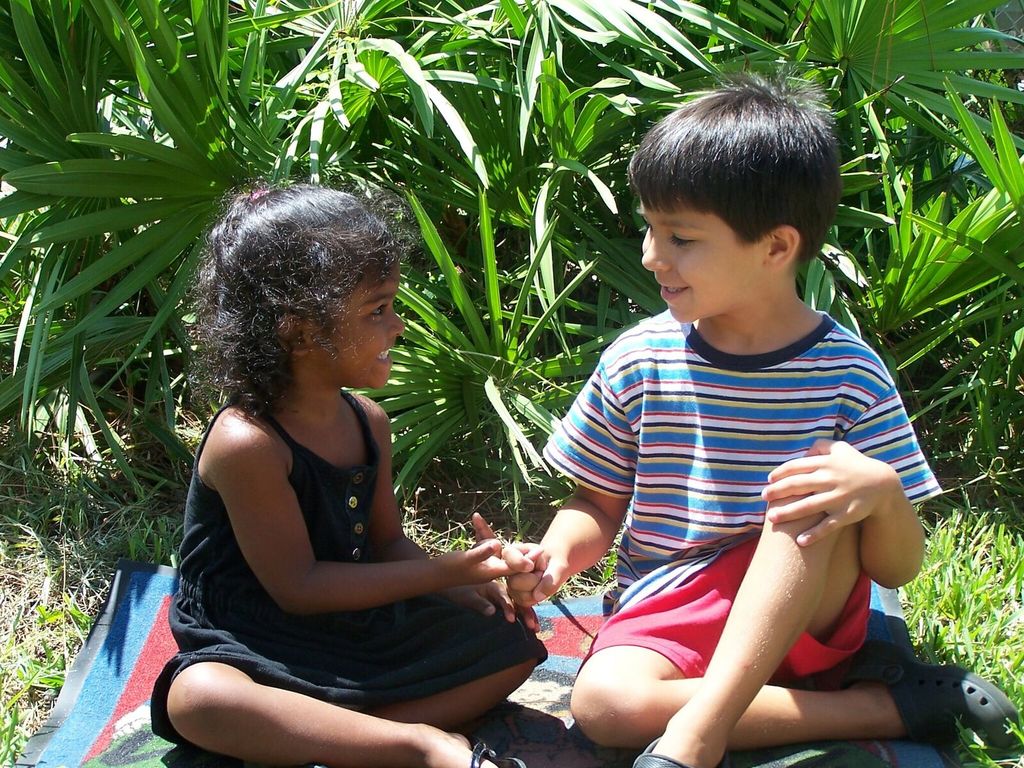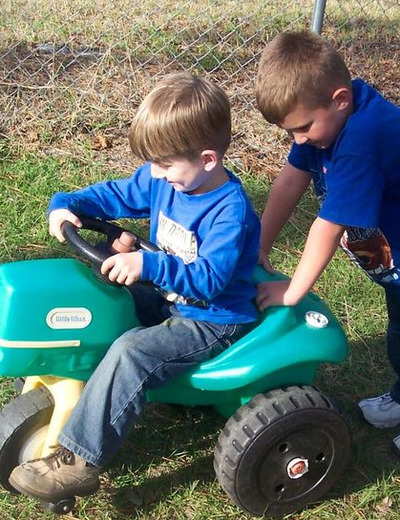Communication and Social-Emotional Learning from Birth-5 years
- Apr 27, 2021

Children develop caring and empathy for others when they were young (birth - 5 years).
Young children need to learn functional communication skills, then have that learning built upon with the development of social and emotional skills. Together these set the stage for our behavior and learning throughout our entire lives.
A recent study from Stanford details the wide language gap between this nations wealthy and low-income children.
One key statistic that hits home from the study is the fact that," By some measures, 5-year-old children of lower socioeconomic status score more than two years behind on standardized language development tests by the time they enter school." This is very troubling as previous research demonstrates that children who start behind in school fall further behind, rather than catch up.
Other research tells us that children from professional families are exposed to up to 5 million more words by school age than children living in poverty, which puts them at a huge disadvantage in the development of necessary communication skills.
How can we help bridge the language gap? There is no quick fix or easy answer, but our nations most vulnerable children need more detailed conversations more often, and of course to be read to daily by their parents, care providers, and in their pre-kindergarten classes.
Parental access to books for their children is often an obstacle. We as program providers can help provide them books from our classes to use, or even develop our own library system for them to check out books to read to their children. Of course, we need to also help spread the word on the the importance of parental reading and communication with children to those we serve.
The results of daily reading is shown through previous Head Start research to show that children who were read to daily by their parents attended college and earned an income both at a rate 25% higher than their non-daily reading counterparts.
We also suggest using sign language as an early childhood bridge to enhance pre-literacy concept understanding. Also, this has been shown to provide a significant language and literacy boost to young children, reduces pre-verbal frustration, and even enhances young children's behavior by giving them a positive way in which to express their emotions. Parents need to spend more quality time communicating with their children to not only enhance their language skills, but also to enhance their self-worth and confidence, which are crucial in their social - emotional development.




